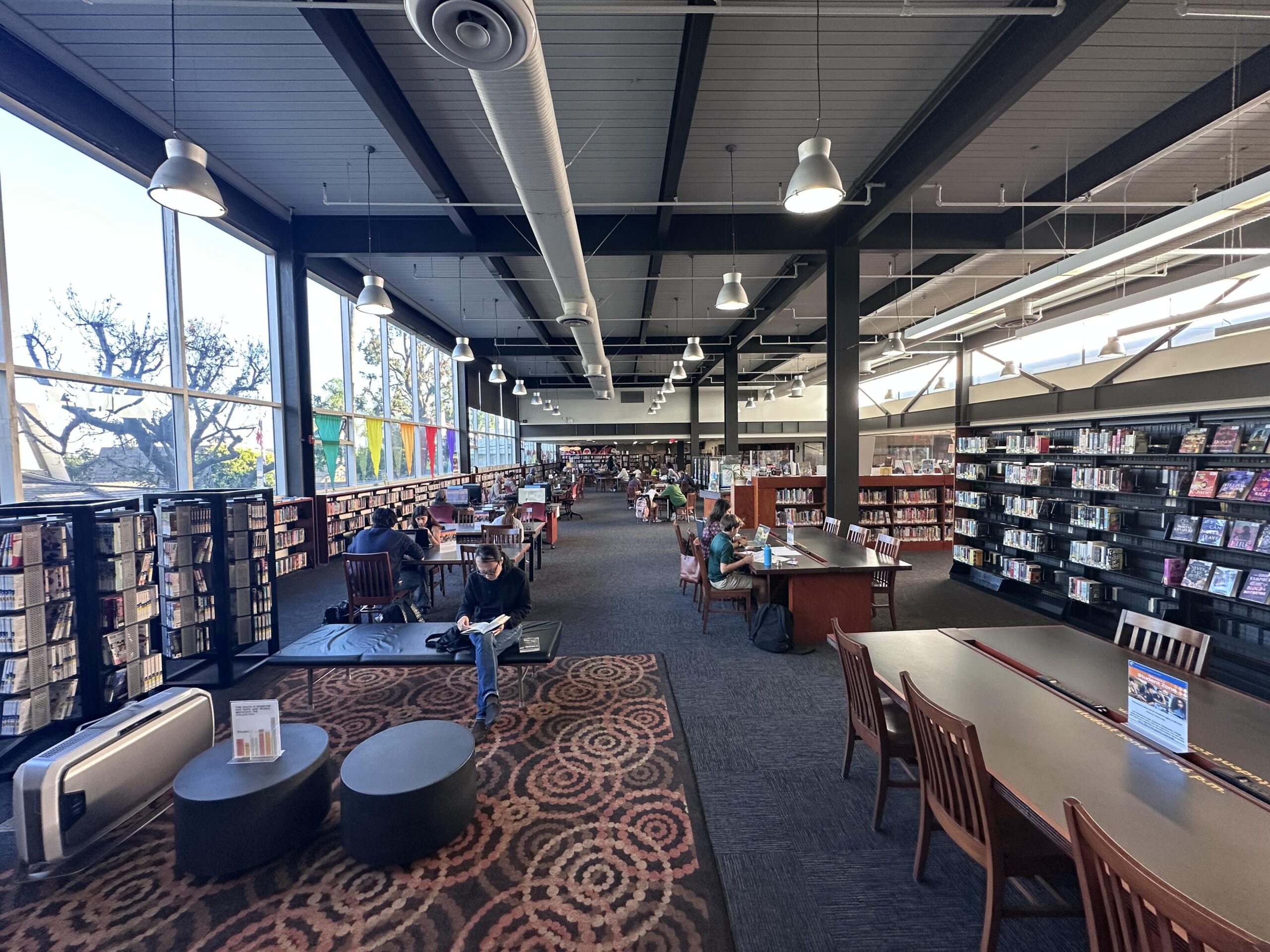Manhattanville College is a small liberal arts college in Purchase, New York, with 45 different majors offered and even more professors. Dr. Steffi Shook, a media and communications professor there, is one of the professors that really cares about her students, both current and former. I had the opportunity to sit down with Dr. Shook, or Steffi, as most people call her, to discuss why she got into teaching.
What is your full degree in, and why did you choose that degree?
I have a Ph.D. in media studies and a master’s in film studies. I got to my master’s and assumed I would write about film. I got my Ph.D. in 2014 when there was a lot of exclusion in media, especially in video gaming. I was feeling excluded as a woman, so imagine how I felt others felt. By going from film to media studies, I was able to broaden my focus.
How long did you have to go to school for your degree, and did you go to separate schools for each? And if you did go to separate schools, would you recommend that over staying at the same school for all degrees?
I went to Flagler College for undergrad for four years. Ohio university for master’s, I went there because I like the program, and I wanted to go home for masters. 2.5 years. I also got my Ph.D. from the same university. I moved from film to media arts for a Ph.D. in 5 years. It took me about 11 years. I’m happy that I stayed at Ohio University. It was familiar. Make sure that you have some kind of switch because you limit your perspective.
Have you always known that you wanted to get a doctorate degree?
I have. I started as a journalism major; then, I took a class in media studies. I have always loved school and been a super student. I got close to one of my professors and realized I wanted his job. I was always kind of shy, and teaching broke me out of my shell. In undergrad, I realized it for research. In my master’s, I realized it for teaching.
How long have you been teaching? Why do you like teaching?
I have been teaching since my master’s degree. I was a TA in my first year of my master’s and had my own class from the second. I love teaching because I love learning. I love seeing ideas click. What fuels me is the connection and the passion.
What does a typical day look like for you?
I tend to teach in the evening and have office hours in the afternoon. I have appointments scheduled or just passing questions. I go to a class, have a break, teach again, then come home late and work later than I should because I am a night owl.
Do you have a favorite class that you teach? Why is it your favorite?
It’s hard because I have so many. My favorite right now is social media because it is a 50-50 split of theory and practice. I love that I get to see the students evolve as both students and practitioners. They have the backing and can understand why. I also love it because I use project-based learning. It’s just fun.
Did you find it harder to teach in a virtual classroom setting or an in-person classroom setting?
Virtual was rough. I had taught virtually since my master’s and helped other professors transition. It was hard because of a lack of participation. There was very little feedback, and it was very discouraging. I would get out of class and just be exhausted and sad. I’m glad I had the tools to do it. But I understand why students performed the way that they did, and I am not faulting them because it was rough.
Was there a specific teacher that you had that inspired you to become a professor?
Matthew Wysocki who taught media and cinema studies in undergrad. It changed my life because it changed my direction and made me realize I wanted to go to grad school. I still work with him today.
If you could give any advice to students, including your past self, what would it be and why?
I would say don’t focus on schoolwork to the extent that it hurts your well-being. Practice self-care and take care of yourself. Grades don’t matter. The mentality of working like that is extremely damaging. Grades don’t define you. There is life outside of school.

